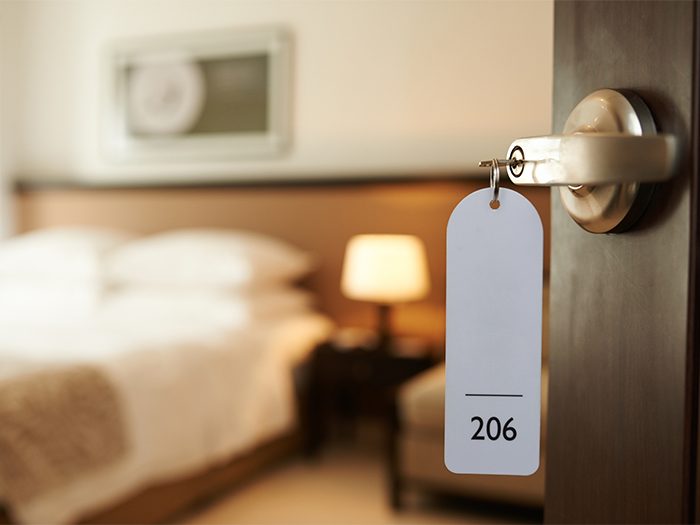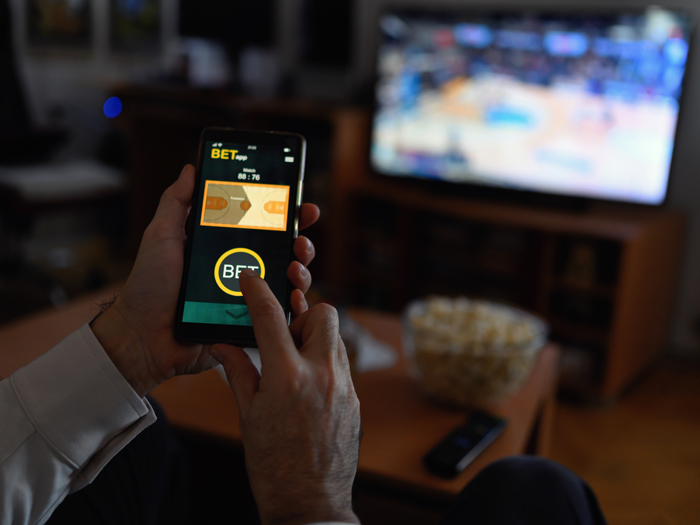Four Hotels Win COVID-19 Business Interruption Coverage in Court

A slew of COVID-related litigation is on the rise, and none more so than claims related to business interruption caused by pandemic shutdowns.
Businesses of all types have been vying for insurance coverage to recoup losses made during 2020 closures; however, most business interruption-related claims are falling flat due to the lack of a physical damage trigger.
The key word being “most.”
A New Hampshire-based hotel group has proven to be the exception. When four hotels filed suit against their insurance companies looking for millions in losses for the pandemic, the court sided with the hotels. Here’s what happened.
A hotel group, consisting of a Residence Inn, Hampton Inn, AC Hotel Portsmouth and the Hilton Garden Inn in Lebanon, was being managed by Schleicher & Stebbins Hotels. Collectively, the hotels were paying roughly $1 million to eight insurers for coverage, which included business interruption, with a provided $150 million coverage in damages.
When the hotels were faced with ongoing shutdowns as related to the coronavirus, the hotels claimed they lost more than half of that amount as of November 2020.
All eight insurers denied coverage, claiming state shutdowns were not a “direct physical loss of damage.” Several insurers also pointed to a “microorganism exclusion” within the policies that would not insure any “loss, damage, claim, cost, expense or other sum directly or indirectly arising out of or relating to mold, mildew, fungus, spores or other microorganism of any type.”
The hotels sought summary judgment.
Upon review of the arguments, the Superior Court for the State of New Hampshire ruled in favor of the hotels, denying cross-motion filed on behalf of the insurance companies.
In its reasoning, the court said coverage is triggered where there is a “distinct and demonstrable alteration” to property and rejected the insurance companies’ argument that such changes to property “must be readily perceptible by one of the five senses, be incapable of remediation, or result in dispossession.”
The court also rejected the insurance companies’ argument that a “microorganism” exclusion applied because a virus is not unambiguously understood to be a “microorganism.”
The court did, however, grant the motion for summary judgment filed by one excess insurer— AXIS Surplus Insurance Company — holding that an exclusion AXIS had for “pollutants or contaminants” applied where the meaning of “pollutants or contaminants” specifically included “virus.”
Scorecard: The insurance companies are on the hook for over $100 million in COVID-related business interruption losses.
Takeaway: In most cases, BI coverage it not being rewarded to plaintiffs; however, that isn’t the standard, and insurance companies need to be ready for every outcome in COVID-related cases. &










